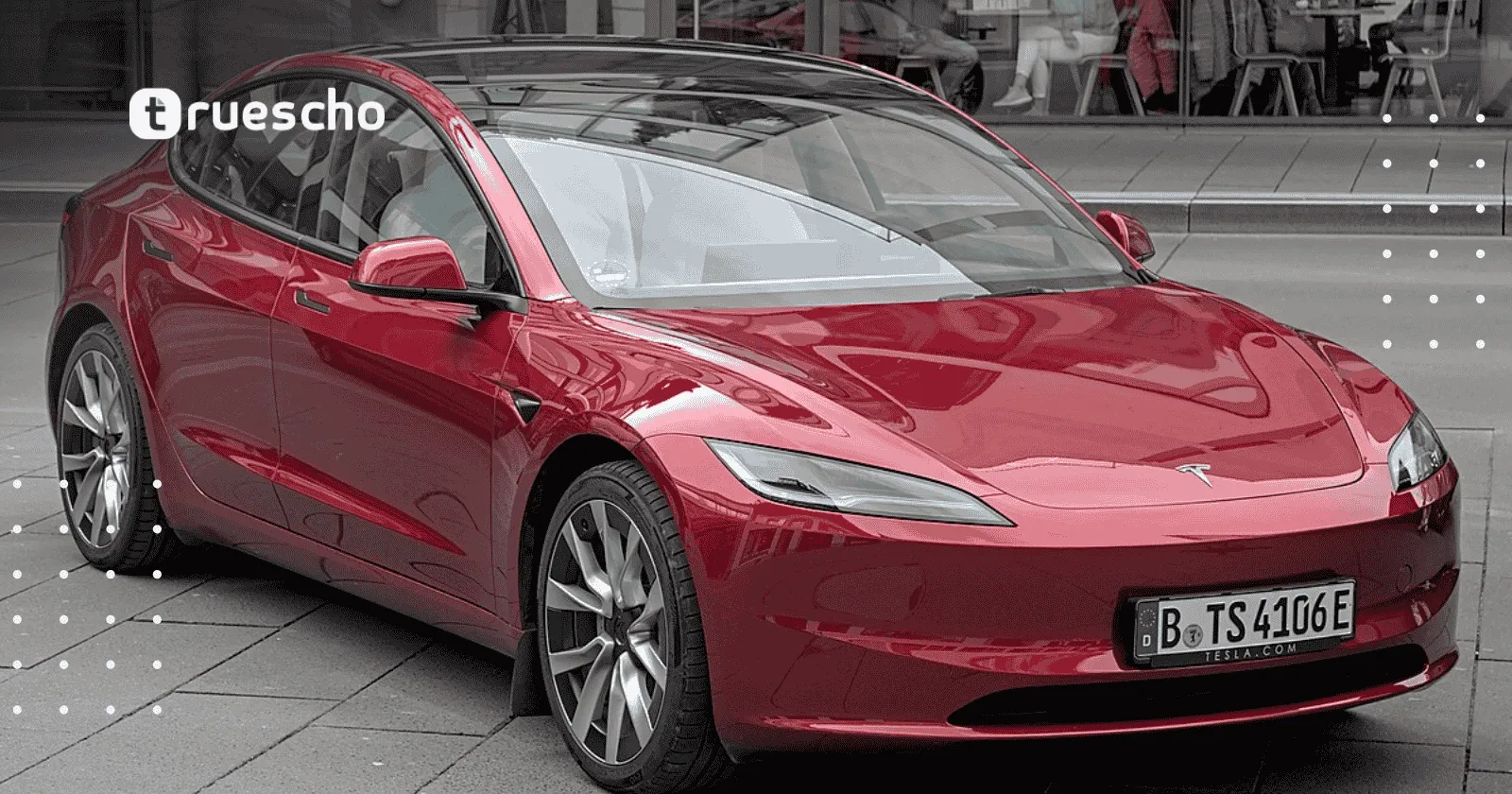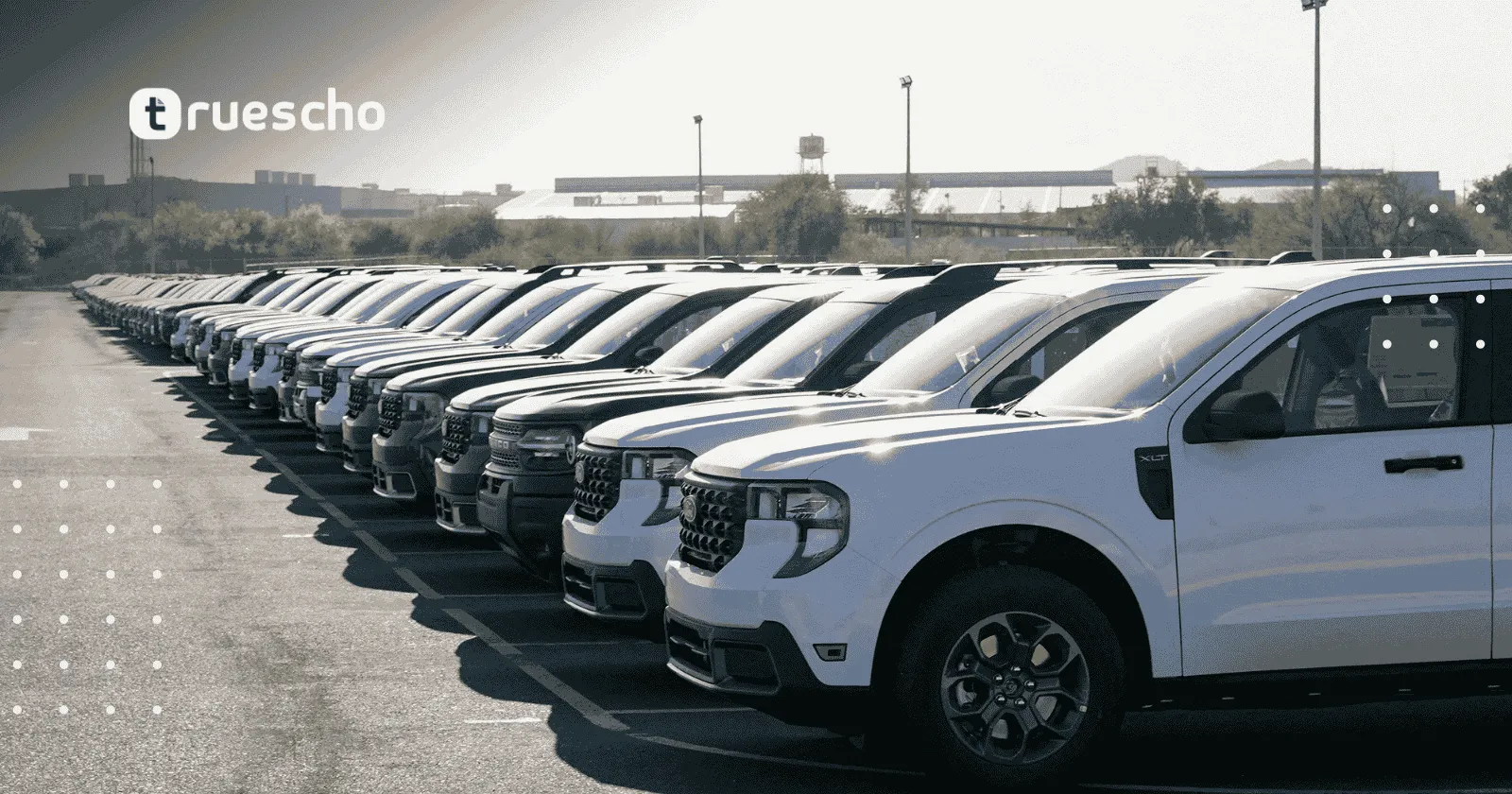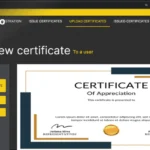Auto Tariffs: How They’ll Impact Tesla in 2025
President Trump has announced a sweeping 25% tariff on all imported cars to the United States a policy that even targets vehicles coming from neighboring countries in North America. Auto Tariffs will also apply to certain auto parts used in manufacturing, further impacting the industry. While this move is expected to drive up the prices for both new and used vehicles, Auto Tariffs inadvertently benefit Tesla, which produces its cars entirely in the U.S.
As Auto Tariffs reshape the automotive market, consumers and manufacturers alike will have to navigate the economic consequences of these new trade policies.
Read also: OpenAI Optimus Alpha
Table of Contents
Auto Tariffs: How They’ll Impact Tesla
Tesla is uniquely positioned in this new environment. Every vehicle produced for the North American market is built at its Fremont, California and Austin, Texas facilities, ensuring those cars remain free from the 25% import tax. Although Tesla imports about 20% to 30% of its components, which will face tariffs, the company’s investment in local supply chains is beginning to pay off.
Elon Musk himself acknowledged on X that the tariffs are having a “significant” impact, though he stressed that Tesla is not left unscathed. Even with these challenges, stricter import taxes on competitors could widen Tesla’s pricing appeal as other automakers struggle with similar costs.
Read also: N8N AI Agent: Breakthrough MCP Update

Challenges for Other Automakers
Unlike Tesla, many major automakers manufacture at least a portion of their vehicles abroad. For instance:
- Ford: Although about 80% of its cars are built in the U.S., some models – like the all-electric Mustang Mach-E and the more affordable Maverick hybrid pickup – are produced in Mexico.
- General Motors: Vehicles like the Blazer and Equinox EVs are assembled in Mexico.
- Hyundai: Most of its electric vehicles are manufactured in South Korea.
Even innovative newcomers such as Rivian and Lucid Motors, which build their electric vehicles in Illinois and Arizona respectively, are importing parts that will be subject to these tariffs. This added cost is particularly challenging for firms that are still working to turn a profit on every unit sold.
Read also: Firebase Studio Alternatives
Looking Ahead
The current Auto Tariffs regime signals that other electric vehicle producers might have to raise prices more sharply than Tesla. This price gap could work in Tesla’s favor as the company plans to launch a new, lower-cost EV model later this year. With these Auto Tariffs in place, consumers could find Tesla’s offerings even more attractive in comparison to pricier rivals.
It’s worth noting that the Auto Tariffs announcement came after weeks of uncertainty. President Trump had been hesitant about which direction to take, ultimately branding the tariffs as “permanent.” However, as with many policy decisions, the situation remains fluid and could be revisited in the future.
Read also: NA10 MCP Agent Update



